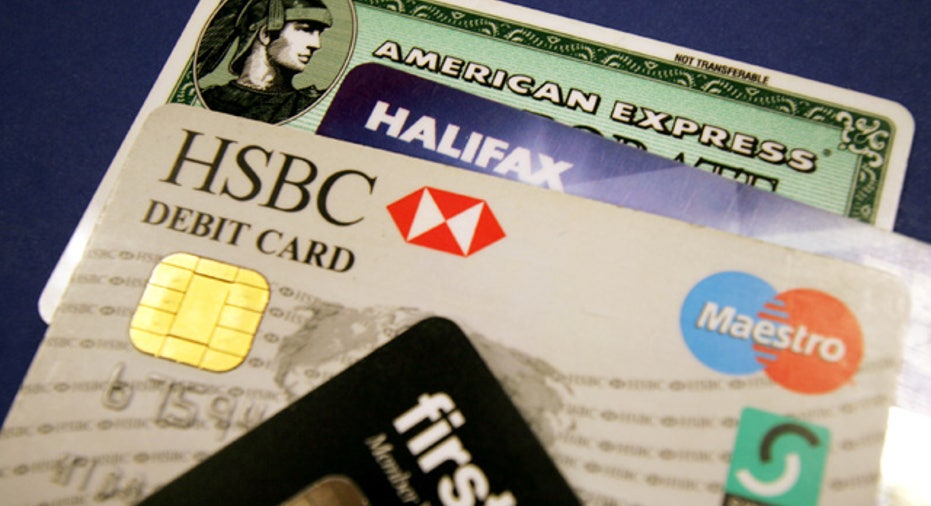Using a Deceased Spouse's Plastic is Illegal

Dear To Her Credit,
Am I responsible for my late husband's credit card debt? I am an authorized user only, but have been making purchases and making payments since his death. I received a rewards check from the credit card company, but was not allowed to cash it because I was not the owner of the card. If I can't cash the check, am I responsible for paying the debt?
-Delores
Dear Delores,
Please cut up this credit card and do not make any more purchases on it. The day your husband died, the account became no longer valid,just like his checking account or anything else that had his name on it and no one else's.
Many people make the mistake of thinking that if the deceased person's money will go to them after a death anyway, especially if it's a spouse, they can keep using that person's bank, investment and debt accounts.That's not how it works. In fact, if creditors wanted to claim that someone intentionally used an account after the account holder died, they could have a case for fraud.
As you discovered, you cannot cash a check made out to your husband after he died. The check belongs to your husband's estate and should be used to pay off any debts he left (including this card). Call or write to the credit card company, tell them your husband has passed away, and ask them to send a new check made out to "Estate of (your husband's name)." When the check comes, give it to the personal representative of your husband's estate. The representative can deposit the check in the special account set up for the estate.
The fact that you can't cash the check, however, has nothing to do with whether you are liable for the debt. As an authorized user, you normally are not liable for an account balance. However, I recommend you pay for any charges you made after your husband died, when the account should have been closed.
When the estate of your husband is settled, hopefully his assets will cover all his debts and his remaining assets will be distributed as he stipulated in his will. If everything he owned is willed to you, the effect will be the same as if you had paid it, because it reduces the amount you receive from the estate.
If the estate doesn't have enough cash to pay off the creditors, your liability for any remaining debt depends on two things: whether you live in a community property state and whether you benefitted from the money spent. (Community property states are California, Arizona, Nevada, New Mexico, Idaho, Louisiana, Texas, Washington, and Wisconsin. Alaska is an"opt-in" community property state.) In a community property state,you can be liable for the entire credit card balance incurred during the marriage, even if you were not a joint card holder. In any state, creditors can try to collect from you regardless of whether the cards are in your name if you benefitted from the expenditures.
I'm surprised your husband's personal representative hasn't notified all his creditors by now so they can close all accounts. That's one of the first things that should be done. Taking care of financial matters after a death is complicated, and it's too much to ask of most family members when they are dealing with such a loss. If you or someone in your family is trying to do it and isn't sure exactly what to do, I recommend you find an estate lawyer or a free or low-cost legal service in your state.
You've been through enough already. You shouldn't have to navigate the estate process yourself. Get the help you need and by all means,take care of yourself and your own credit.
More from CreditCards.com:



















